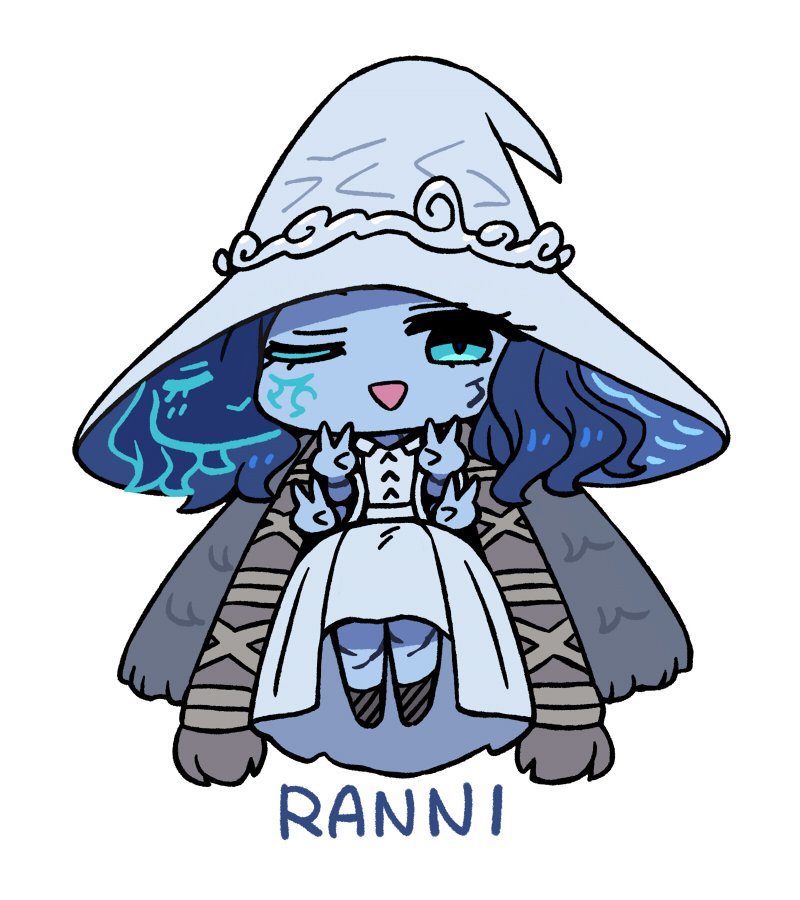Thermodynamics

Equalibrium
- Properties (measurements) do not change over obeservation time
- e.g.
0th Law
- A
B, B C A B - As the consequence:
We can define as Temperature. And is Equation of state
1st Law
Adiabatic wall: no heat exchange diathermic wall: can heat exchange isolated system
State1
State2: "Inner Energy": State1
State2: "Heat": or Quasi-static process:
is the generalize force (Intensive quantity), and is the generalized displacement (Extensive quantity) Heat capacity:
- Const. V:
- Const. P:
: Enthalpy
e.g. Ideal Gas: Jouler's Expension:
Heat Engine
2nd Law
- Kevin: No process is possible whose sole effect is complete conversion of heat to work Clausius: No process is possible whose sole effect is transfer of heat from colder to hotter body
- Carrot Engine:
- Cycle, reversible
- Operates between two heat baths at temperatue
and - Carrot Thereom: Carrot is the best
- Clausius Inequality
- Carrot:
- Other cycles:
( : temperature of heat bath)
- Carrot:
Entropy
- Reversible:
potential: entropy Infinitesimal: - Inreversible:
Infinitesimal: - Adiabatic process:
, e.g.1. Jouler's Expension:
e.g.2. ![[1.Thermodynamics 2023-10-30 18.35.49.excalidraw]]
Consider a const volumn process: >Choose a reversible process to calculate : natural variable S, V.
Systems of variable particles
- Can happen: open system; phase transition
: Extensivity, - Thermodynamic limit:
fixed. - Short-ranged interaction
- Consequence of extentivity:
: 1st order homogeneous function. : scale factor. Differential and Gibbs-Duhem relation:
- Thermodynamic limit:
Thermodynamic potentials
, we are at liberty to choose other variables. - Enthalpy:
- Helmholtz Free Energy:
- Gibbs Free Energy:
- Grand potential:
(Gibbs-Duhem relation)
Towards Equal
fixed, fixed, fixed,
Maxwell's Relation
Phase Equalibrium
Partition into uniform subsystem.
Maximize , subject to constraint: $$ $$
Lagrange Multiphier:
Stability condition:
is maximiazed. e.g. Choose
as independed variables: :
